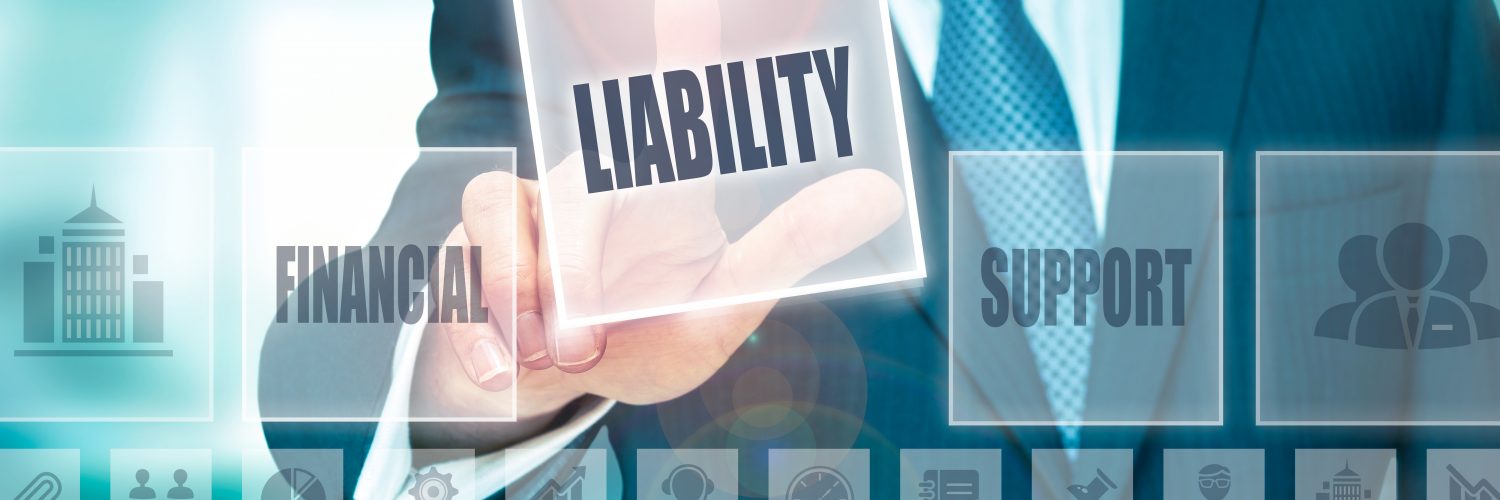Behar 5779
“Do not harass one another, and you shall have fear of your G-d; for I am Hashem, your G-d” (Vayikra 25:17).
“Here the Torah enjoins us that one should neither harass his fellow verbally nor give him advice that is not appropriate for him but is in accordance with the plan and the advantage of the advisor.” (Rashi ad. loc.)
Medical advice is an integral aspect of the practice of medicine. A doctor must inform his patient (and his family members) of the nature of the illness, the available treatment options, and his professional opinion as to the course of treatment that is most likely to succeed. Basic medical ethics dictate that he provide the information and offer his advice in the sole interest of patient’s wellbeing without personal or ulterior motives.
In recent years, medical advice has become available via media other than medical professionals. Information and advice are now proffered by people with little or no education or medical training and while some of them may be extremely knowledgeable about various doctors and health-care facilities, many are not satisfactorily informed.
In the following paragraphs, we will examine the responsibility of those who provide medical advice and whether they are culpable when they provide faulty advice and/or cause harm.
Accountability of a “Yo’etz”
The matter of faulty advice and damages is not limited to the field of medicine. The Gemara (Bava Kama 99b) discusses the case of a moneychanger who erroneously asserted that a certain coin that he was shown was legal tender which caused financial harm to its owner. Is the moneychanger liable to compensate the owner for his loss?
The Gemara distinguishes between the advice of an expert in the field (an “Uman”) who is usually not culpable if his advice leads someone awry, and that of somebody less knowledgeable (a “Hedyot”) who often is[1].
Why is an Uman afforded greater leniency? The Nimukey Yosef (ibid. 35b b’Dafey ha’Rif) posits that an Uman cannot be accused of negligence[2] as his knowledge and experience make him thoroughly competent to offer advice in his field. A Hedyot, by contrast, who isn’t as competent could be considered negligent and is therefore obligated to pay for damages. According to some Rishonim[3], the Uman’s exemption from paying for damages even applies when he is fully aware that the other party is relying entirely on his advice.
In some fields, the Halacha is that one is culpable only for giving deliberately misleading advice[4]. The reason that this does not apply to a moneychanger or doctor (who may be liable even for accidental error) is that the fields that they work in require particular expertise thus any advice or acts that do not meet the accepted standard of practice is inherently negligent[5].
The Rishonim discuss whether one is liable for giving faulty advice in a case where the advice did not directly cause damage. For example, if a person is interested in purchasing a coin, and asks a moneychanger for an appraisal, even if the moneychanger asserts that it is good, the person is not obliged to purchase the coin. If he chooses to do so then the damage cannot be considered a direct outcome of the moneychanger’s erroneous advice
According to Rabbenu Efraim[6] and the Ramban[7], in the previous case, the moneychanger is not liable[8]. One can only obligate the purveyor of faulty advice to pay for damages when his advice directly caused the damage. For example, if a person who lent money agrees that he will accept a certain coin as repayment of the loan if a moneychanger attests that it is good, then the potential damage of a mistaken verdict rides directly on the answer of the moneychanger. If he mistakenly asserts that it is a good coin when it isn’t, he has directly caused the lender to accept a bad coin from the borrower. In that case, the moneychanger can be held accountable.
A Doctor who Errs
A doctor who errs in the course of actual medical treatment and causes harm to a patient is usually immune from claims of damage. Whereas a person is generally liable for any damage he inadvertently causes, a doctor is exempt because of Tikun ha’Olam (Minchas Bikurim, Tosefta Gittin 3:3). Were it possible to sue a doctor for inadvertent adverse outcomes, many would refrain from the study of medicine and the medical profession. Moreover, every patient appreciates that no treatment or procedure is entirely without risk[9].
According to the Ramban (Toras ha’Adam, Sha’ar ha’Sakanah), the doctor in these circumstances should still compensate the patient as a “Chovah bi’Yeday Shamayim”. This is also the ruling of the Shulchan Aruch (Y.D. 336:1). The Ran (Sanhedrin 82a), however, holds that the doctor is completely blameless and exempt.
Moreover, the Ramban would also agree, that there is no Chovah bi’Yeday Shamayim if the doctor acted responsibly and professionally. If he took note of all facets of the case, acted in a manner that other doctors would, did not have the option to consult with somebody more senior (or if the senior doctor came to the same conclusions as he did) but nevertheless made a mistake, most Poskim agree that he should not be blamed at all[10].
Moreover, many hold that a doctor is certainly not liable if he errs in his advice or prescriptions. For even those who hold a doctor accountable in certain circumstances only do so when he errs in his actual direct treatment of the patient (e.g. in the course of a surgical procedure), and not when he merely provides erroneous advice or instructions. See Shu”t Tashbeitz (3:82), but also Minchas Yitzchak (3:104) and Shevet ha’Levi (4 Y.D. 155).
Only a Licensed Medical Practitioner
The doctor’s immunity, detailed above, does not apply to a person who has no license to practice medicine. The Ramban (Toras ha’Adam, Sha’ar ha’Meichush, Inyan ha’Sakanah) writes in the strongest terms, that somebody who has not sufficiently studied medicine must have nothing to do with the profession. This field is no different than any other area of Torah where sufficient erudition is the most basic pre-requisite in order to render any sort of decision. If he willfully dabbles in medical decisions, he is a “spiller of blood, and worthy of Gehinnom”! He will, moreover, have to pay, full compensation for any damage he wreaks.[11]
Who is considered to have a license to practice medicine? Historically the Beis Din gave permission for a person to provide medical services but nowadays a doctor must have a license from the government of the country in which he resides (Aruch haShulchan 336:2). Only those who have studied medicine in an accredited program, passed the required examinations, and completed the necessary training will have the Halachic license to heal, and only they are exempt in situations of accidental error[12].
Accountability of a Medical Askan
In light of the above, those who offer medical advice (or “Askanim” in modern parlance) who are not licensed medical practitioners, are liable for any damage they cause by their mistakes. In fact, these often well-intentioned individuals are prone to errors of judgment, as they may render their opinions after hearing only partial or inaccurate details of a situation and are often dealing with multiple cases at once and unable to give each one the attention it requires. They are also aware that people will often follow their advice unquestioningly.
Certainly, the intentions of these “Askanim” are laudable as they seek to relieve people of the difficult and often terrifying decision-making that accompanies disease and critical illness. Many expend much time and effort in doing so and even offer expert advice and recommendations helping hundreds of people in their time of need. Others, though, are less scrupulous and should remember the strong statement of the Ramban that he who dabbles carelessly in medicine is a “spiller of blood, and worthy of Gehinnom”.
[1] In fact, among experts, there may also be a distinction between those established in their field, and those still studying or beginning their careers. See also the Gemara (ibid. 100a) and Rambam (Hilchos Schirus 10:5), Tur and Shulchan Aruch (C.M. 306:6).
[2] A person who gives misleading advice cannot be held liable unless he was negligent, because he has not caused the damage directly (i.e. this is a case of Dina d’Garmi).
[3] This is implied by the aforementioned Nimukey Yosef. See Hagahos Ashri (Bava Kama 9:16) who cites Rabbenu Yoel and the Mahari”ch who dispute this point. See also Shiltey Giborim (ibid. 35b b’Dafey ha’Rif). The Acharonim rule like Rabbenu Yoel and the Nimukey Yosef. See later where we will cite the Tashbet”z.
See also the Sugya in Bava Kama 99b and later in this essay.
[4] See Shulchan Aruch (C.M. 232:20) and Sm”a and Bi’ur ha’Gra ibid. and 232:21. See also Nesivos ha’Mishpat 234:1 (Bi’urim).
[5] See Meiri (Bava Kama 56a): “Anybody who acts as though he is knowledgeable but is not in fact knowledgeable (is considered as though) he intends to wreak damage.”
[6] Cited by Hagahos Ashri and Shiltey Giborim ibid.
[7] Kuntrus Dina d’Garmi. This also appears to be the opinion of the Rosh (Bava Kama 9:16).
[8] Shiltey Giborim (ibid.) contends that even Rabbenu Efraim would agree that if the person told the moneychanger that he plans to purchase the coin on the basis of his appraisal, then the moneychanger would be liable. This is also the ruling of the Shach (C.M. 306:12) who attests that it is also the position of the Mordechai and Maharsha”l.
[9] See Rabbi David Lau Shlit”a’s essay in Techumim 16, p187 and onwards.
[10] See Aruch ha’Shulchan (Y.D. 336:2): “the mistake of a doctor was intended by the Creator”. See also the Prishah (Y.D. 336:7): “He (the doctor) did not kill him (the patient) – rather it was Hashem who wanted him to die.”
[11] The words of the Ramban are cited l’Halachah by the Tur (Y.D. 336).
[12] See Tzitz Eliezer 5, Kuntrus Ramat Rachel 22.















Add comment